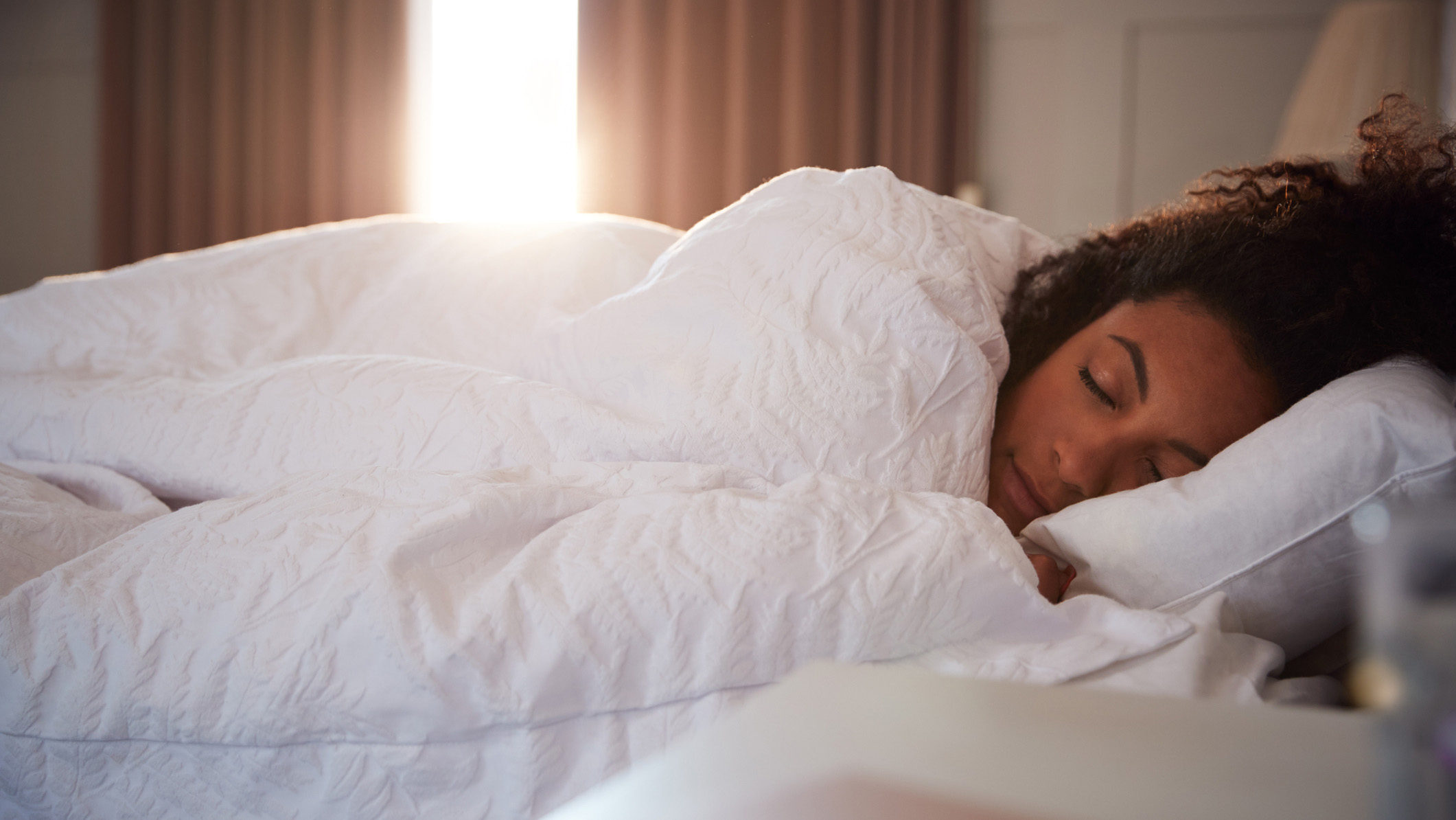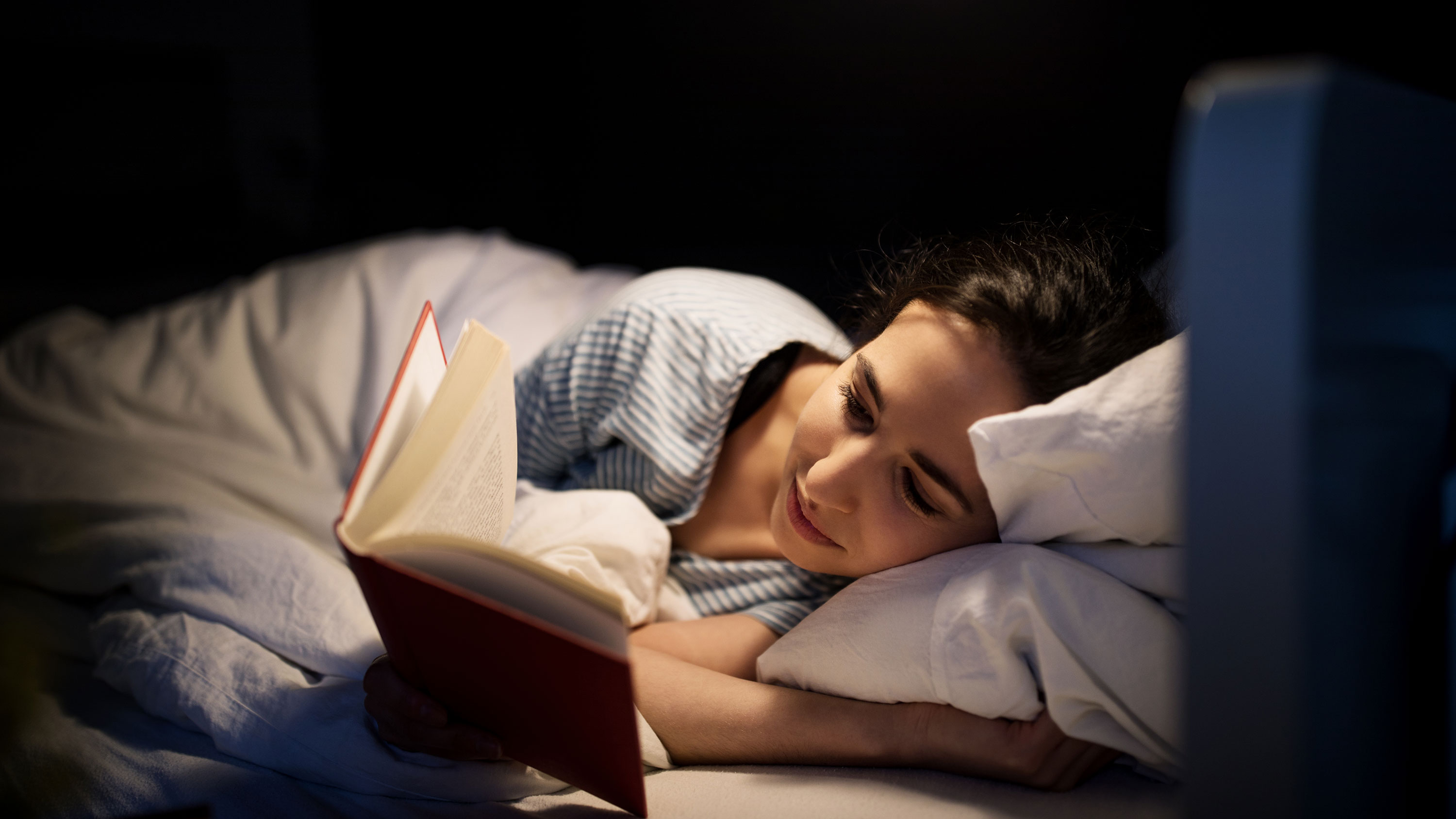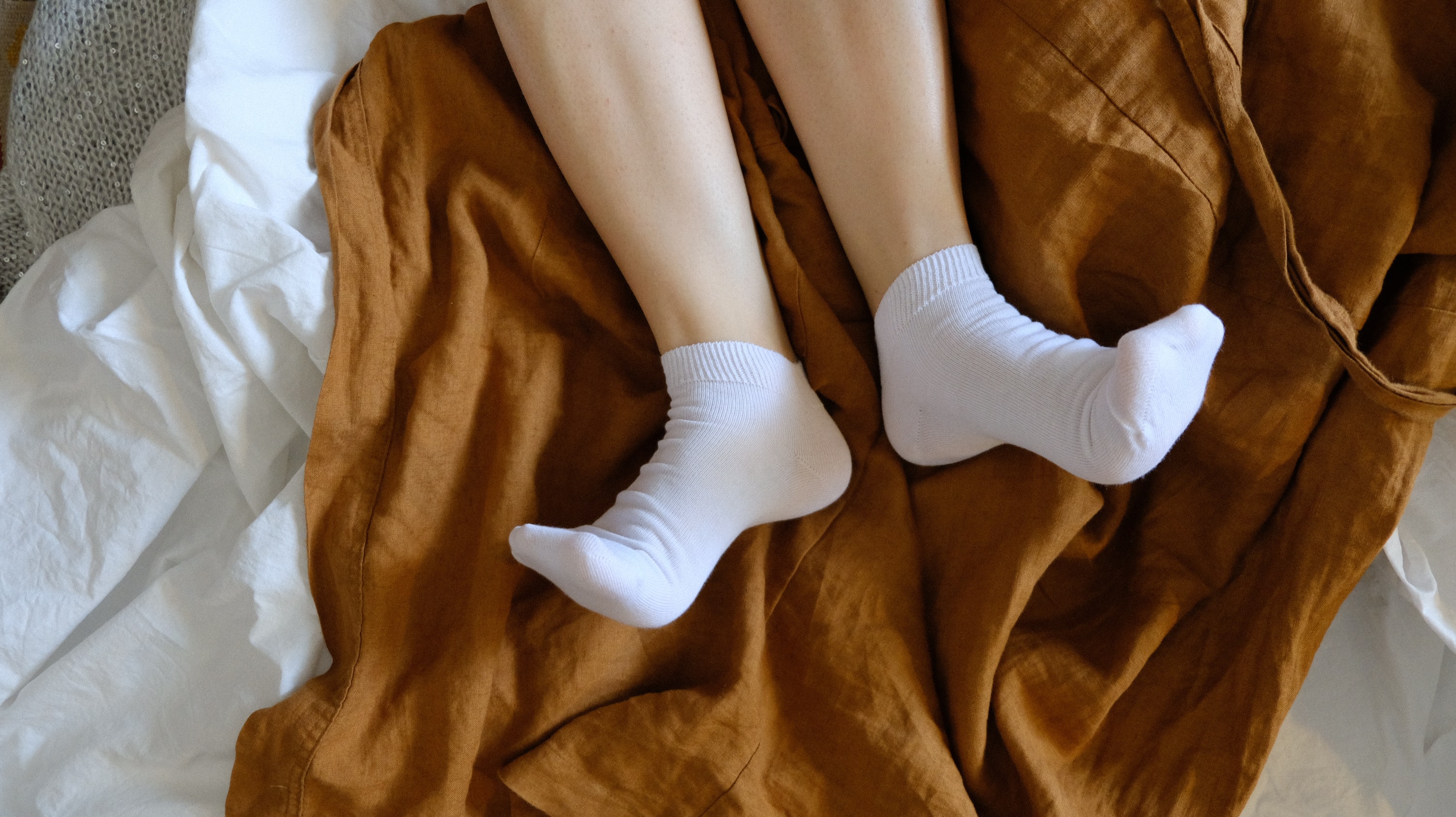Teach your body to sleep: simple tricks to try tonight
These expert tips have got you covered from head to toe so you can wave goodbye to sleepless nights...


Just like you’d train your body and mind for work and activities, it’s also important to teach them how to sleep. And while it’s not always as simple as counting sheep, it doesn’t have to be super tough. These simple tricks and lifestyle hacks can not only help you get to sleep quicker, but improve the quantity and quality of your kip.
- Track your breathing exercises with these cheap Fitbit deals
- How to meditate: Mindfulness techniques, best meditation apps and more
- Uncomfortable bed disrupting your sleep? The best mattress toppers can help
Sleep and the mind
Firstly, it’s all about adjusting our mentality, according to sleep expert and Sophrologist Dominique Antiglio. ‘Adjusting the mentality towards having an “early night” or a “lie-in”, and viewing it as a positive routine, is key to teaching the body to achieving quality and healthy sleep,’ she explains. Structure is everything, so try to re-enforce in your mind that you’re preparing for an early night.
Sleep and the mouth
Obviously, you’ve got to be totally silent in order to get to sleep, right? Wrong, according to clinical hypnotherapist Fiona Lamb, who recommends humming. ‘Studies have shown that the vibrations of humming can relax you,’ she says. ‘It can also act as a distraction from anything unwanted that pops into your mind. Be sure to choose a song that isn’t too fast or reminds you of anything emotional!’
Sleep and the hands
We’re all guilty of doing a bit of harmless scrolling before we close our eyes at night. But we need to put down the devices and stop scrolling, swiping and liking.
‘Try to keep the bedroom as a designated tech-free rest and relaxation space to minimise stimulation and daylight-inducing blue light from screens,’ says Dominique. ‘Having technology in a different room removes the temptation altogether.’
If your hands need to be kept busy try picking up a book, which has the added benefit of reducing stress according to a University of Sussex study. Participants’ stress levels were raised, and then attempts were made to reduce them. Reading came out on top, reducing stress levels by 68% - more than listening to music, having a hot drink or taking a walk.

Sleep and the eyes
Try rolling your eyes backwards. Sounds strange, but it can really help as it imitates your eye movement during sleep. ‘If you do this three times, you will automatically feel yourself going into a deeper relaxation,’ says Fiona.
Start your week with achievable workout ideas, health tips and wellbeing advice in your inbox.
Sleep and the chest
Sophrology is a type of European dynamic meditation that focuses on breathing and is used in Switzerland’s sleep retreats and clinics.
‘Focus on your body sensations and feel the movement of your breath,’ says Sophrologist Dominique. ‘Inhale, clenching all the muscles in your body as you hold your breath, then do a long exhale to release all your tensions. Repeat five times and then pause. Concentrate on a positive image of your choice to lull you into a slumber.
'Repeat as many times as you need until your mind and body are so calm, you naturally fall asleep.’
Sleep and the stomach
Your diet is key. Dominique suggests having verveine (also known as lemon verbena) tea before hitting the sack. ‘It’s naturally caffeine-free and has a soothing citrus aroma, so it’s ideal for easing the senses and helping you drift off to sleep.’
Research by Simba Sleep found that 69% of Brits feel sleep deprived - and a love of certain foods could be to blame. Try to stay away from alcohol before bed as it stops you falling asleep. Also avoid spicy and fatty foods, which are hard for your stomach to digest, disrupting your sleep with heartburn and indigestion.
Sleep and the side
Try to train your body to sleep on its side, rather than the back. The UK NHS recommends this because it prevents your tongue, chin and any excess fatty tissue under your chin from relaxing and squashing your airway – causing snoring and sleep disruption.
Sleep and the legs
You’re less likely to get up in the night to pee if you do some light exercise in the evenings. According to the Cleveland Clinic, doing a gentle workout (key word: gentle) will stop the fluid in your extremities being reabsorbed into your system and kidneys once you lie down.
Sleep and the feet
It might be worth sleeping in socks when the weather starts to get colder, as it can do wonders for the quality of your shuteye. A study from the Netherlands Institute for Neuroscience found that people who wore socks in bed managed to get to sleep faster. This is supposedly because warmer feet causes the blood to cool down by dilating blood vessels in the body, which recreates the temperature patterns in your body immediately before drifting off to sleep.

Sleep and the whole body
Whether your daily stress comes from your job, your commute or even your relationships – it’s time to release that tension! ‘This relaxation technique involves doing a full-body scan by squeezing and relaxing each muscle. Start at your toes and move up your body, being aware of each part of your body in turn,’ says Fiona.
Emily is a writer with plenty of experience in women’s lifestyle. She has written for titles including Now, Look, and Woman’s Own about health and fitness; from the ideal home workouts and combating everyday ailments to boosting your wellbeing and mental health. Fitness-wise, she has always enjoyed a healthy competition in netball or football, and is keen on her walking, running and spinning classes. Emily's top fitness tip? The best workout partner is an outstanding playlist - it'll help you power through those my-muscles-are-turning-to-jelly moments.
